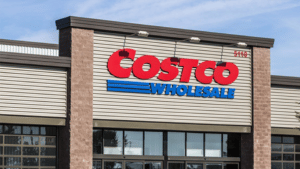Although there’s been a lot of buzz about what over-the-counter (OTC) hearing aids may do to the hearing industry, the latest research suggests that OTC hearing device companies may face an uphill battle in winning over consumers, and may fall short of the impact OTC legislation hopes to make.
Hearing aids are not regulated in the same way medical devices typically are, yet the average consumer considers them to fall within the medical device category. Of consumers with hearing difficulty, 45% considered hearing aids to be “Definitely a medical device,” while only 3% considered them “Definitely a consumer product.”
OTC hearing aids are intended to bring down the cost and increase accessibility to hearing aids, easing barriers toward hearing aid purchases. These are worthy goals, but self-fitted devices won’t necessarily solve the problems at hand as consumers are generally not comfortable performing the self-fitting steps themselves. Assessing their own hearing loss, selecting the right product, and troubleshooting problems that may arise from the devices are actions that most consumers do not want to take without guidance, and comfort in doing so is negatively correlated with age; so the demographic that is most likely to need a hearing solution is also the demographic that is less comfortable with self-fitting steps.
In examining attitudes of hearing aid non-owners, MarkeTrak 10 found that only one in five thought they would “definitely” or “probably” try purchasing an OTC device if they were interested in hearing aids in the future, with a clear skew toward a younger (<34 years old) population. Meanwhile, 56% thought they would “definitely” or “probably” purchase through a Hearing Care Provider (HCP).
The satisfaction rates of PSAPs foreshadows what we might expect with OTC hearing aids. Satisfaction ratings are higher for hearing aids on everything except price—and significantly higher on clarity and richness of sound. In fact, “Sound quality”, “Clarity of tone and sound”, and “Richness or fidelity of sound” were the three areas of greatest dissatisfaction that consumers had with their PSAPs, even though these factors were the top contributors to consumer satisfaction with PSAPs. The majority (66%) of PSAP owners also suspected they would have benefitted at least moderately from professional help.
A lower priced product will always be attractive to a certain segment of the population. But, only 2% of PSAP purchasers bought a PSAP because “It was less expensive than a hearing aid through an HCP”. So, HCPs should not feel compelled to compete on price. In response to OTC legislation, HCPs should be very clear about the value they add through the services they provide, and find ways to demonstrate that value to the younger population.
- An accurate hearing test is the foundation of any hearing aid fitting – whether self-fit or HCP fit. Without it, a hearing device won’t be properly optimized to treat the individual’s hearing loss. Emphasize the importance of the test and the steps that you will take to ensure you get accurate results.
- Explain how your background in hearing care helps you to fine tune hearing devices to your patients’ needs. Set proper expectations and help patients recognize that it can sometimes take a while to adapt to hearing with hearing aids—but you’ll be there along the way to adjust the programming in a way that best suits that patient’s journey.
- Reinforce the post-purchase support that you offer. When a patient purchases through you, they will receive more than the product. They will receive a guided journey to treating their hearing loss and access to expert troubleshooting (if needed).
Hearing Care Providers (HCPs) should continue to reinforce their value, particularly with regard to evaluating hearing, and providing post-purchase support. While a younger demographic may be more comfortable with technology and therefore more open to the idea of OTC hearing aids, they are not necessarily opposed to a more traditional purchase channel. Emphasizing the importance of an accurate hearing test as the basis of any good fitting gives you the opportunity to get them into your office, where you can prove your value and position yourself for sustainable long-term growth.




